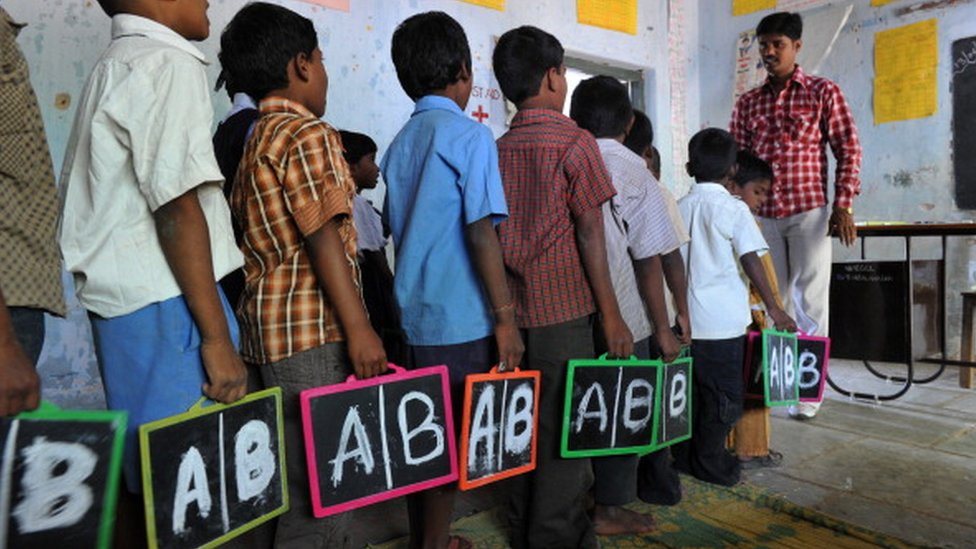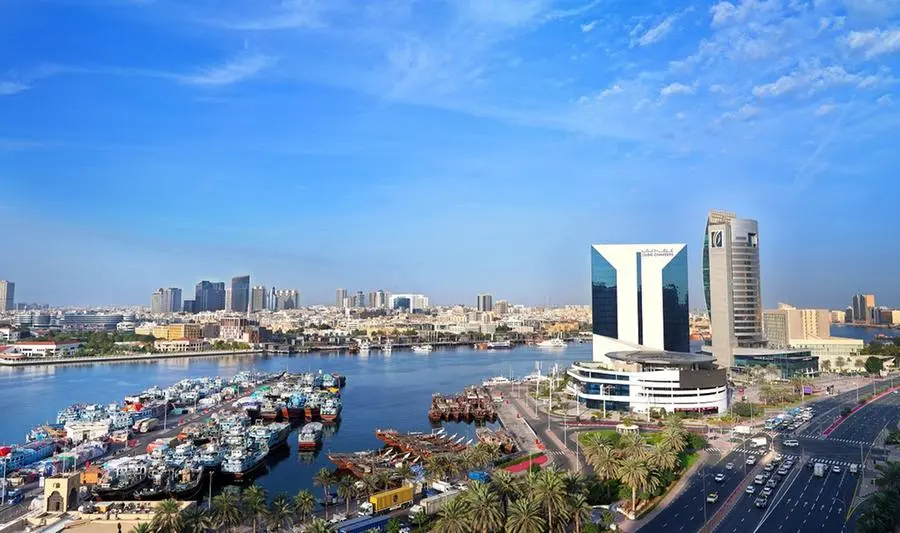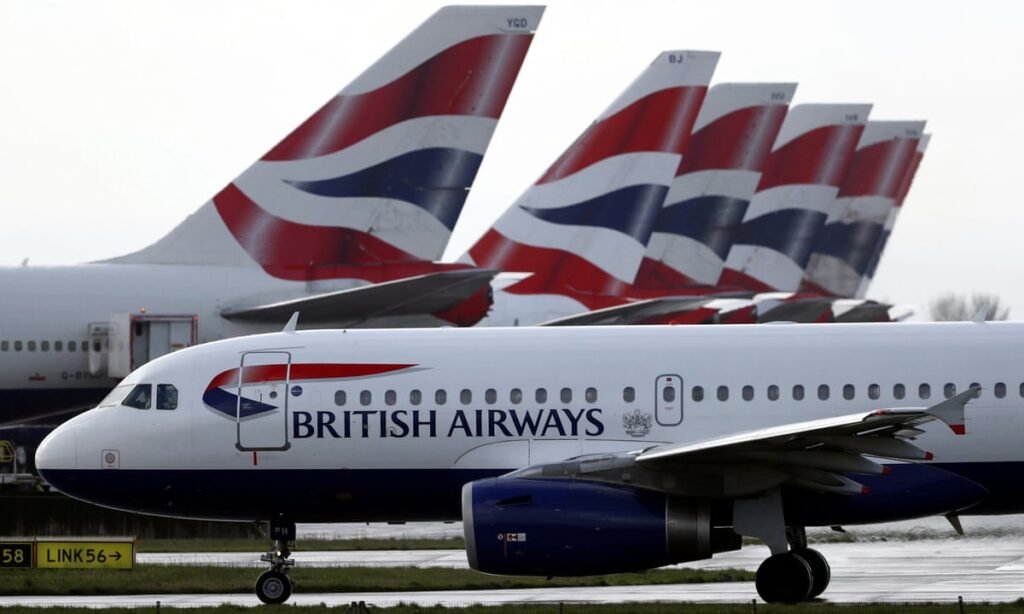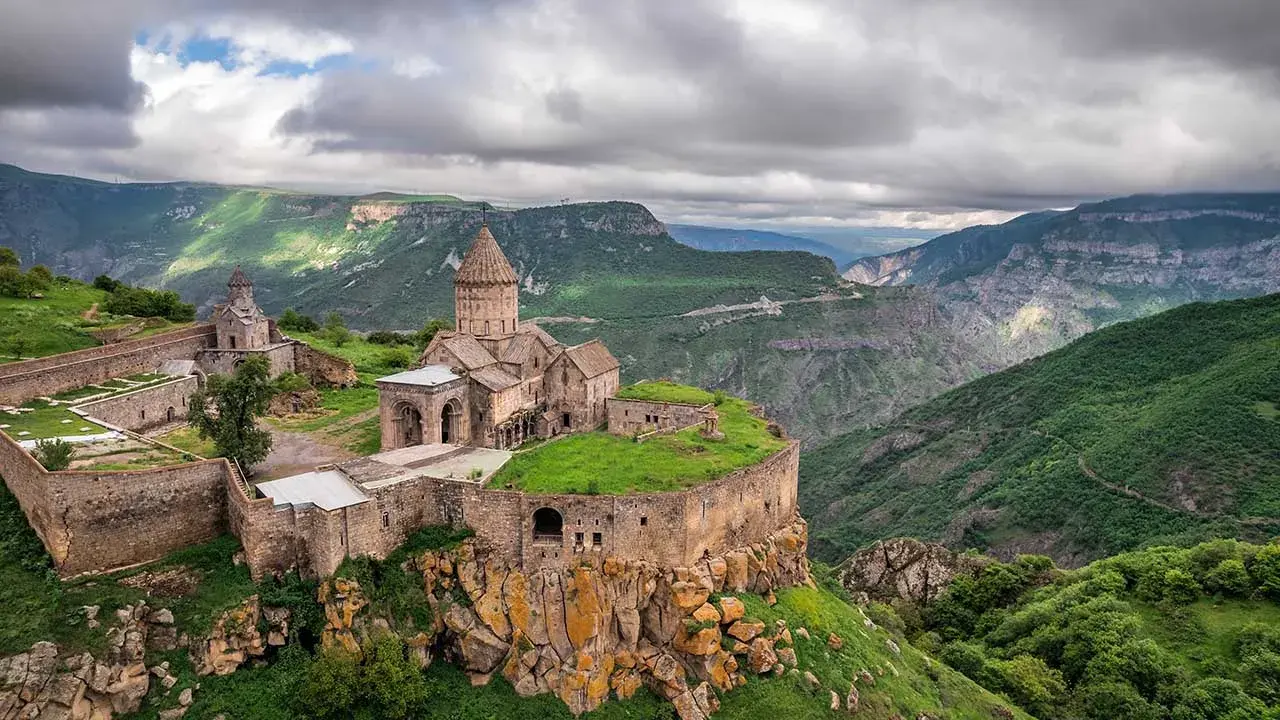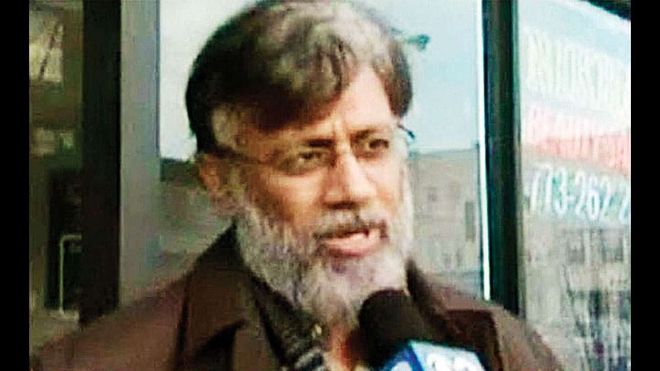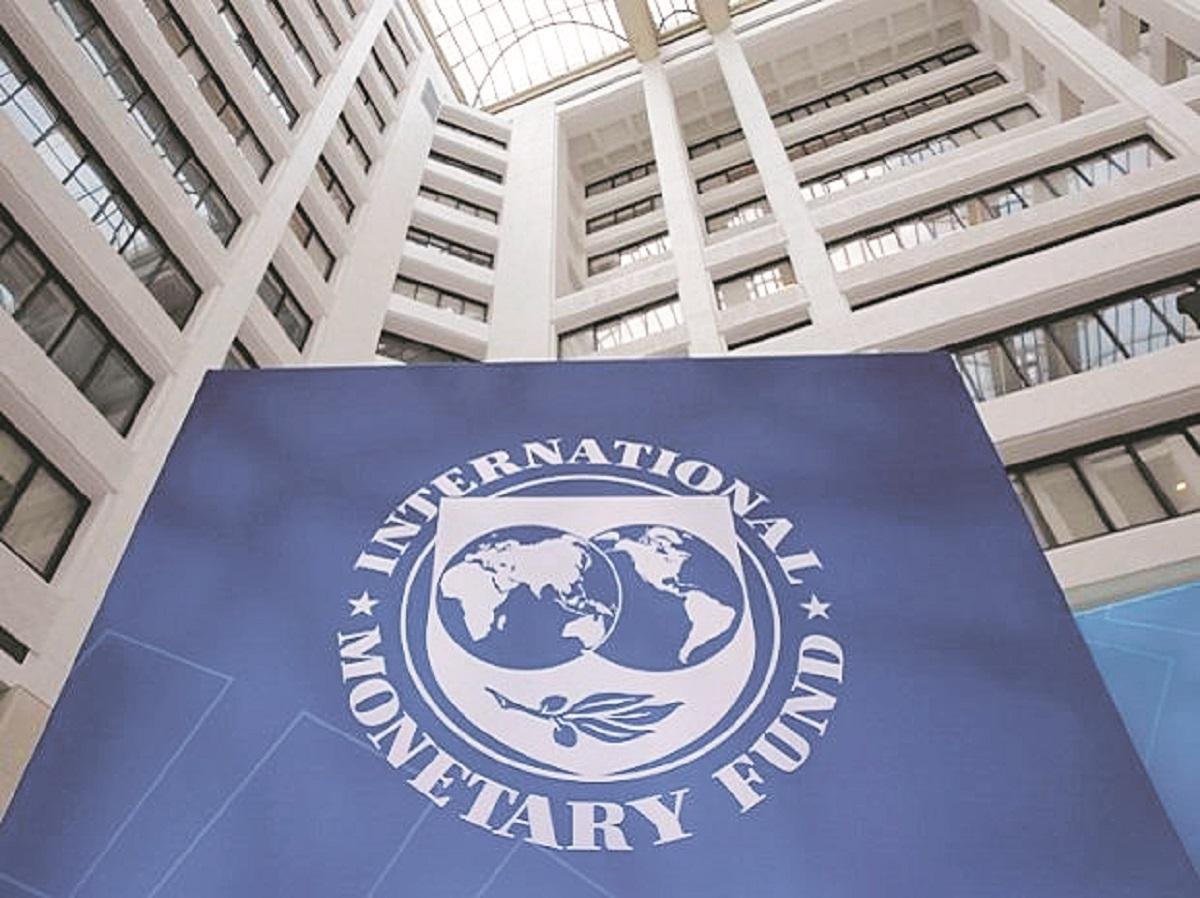Sources stated that demands made for thousands of objects in British collections have been “significantly overstated”, and that the report was “misleading”
The Indian government has challenged a British newspaper report that it is making the ‘largest repatriation claim’ against UK, reported theartnewspaper.com.
The repatriation claim faced by the UK is apparently on a scale that would dwarf Greece’s demands for the Elgin [Parthenon] Marbles”.
Sources stated that demands made for thousands of objects in British collections have been “significantly overstated”, and that the report was “misleading”.
According to the Daily Telegraph, India hopes to repatriate thousands of objects held in UK institutions, such as the British Museum and the Victoria & Albert Museum (V&A) in London, which were removed from India over the centuries.
Items seized during British colonial rule, lasting from 1858 to 1947, will be a focus of the government campaign.
Indian officials, the Telegraph report continued, say that artefacts taken during British rule of the Empire were “unethically” removed.
However, Indian government sources told the Indian daily newspaper The Hindu that the Telegraph’s report was “unfortunately misleading” and a “significant overstatement” in terms of how it portrayed the [Indian] government and its approach to the UK.
Nonetheless, they do say that India is actively seeking the restitution of certain objects from the UK.
Another Indian news source, NDTV, also reported that “informed sources have denied reports in the British media that India has mobilised diplomatic resources to bring back the Kohinoor diamond and other artefacts including idols and sculptures from museums in Britain”.
Institutions on India’s hit list, according to the Telegraph, include the British Museum, which holds a collection of Hindu statues and the Amaravati Marbles taken from a Buddhist stupa by civil servant Sir Walter Elliot, and the V&A which has Tipu Sultan’s mechanical tiger.
A spokesperson for the British Museum said the museum “understands and recognises the significance of the issues surrounding the return of objects and we work with communities, colleagues and museums across the globe to share the collection as widely as possible”.
Tippoo’s Tiger was made for Tipu Sultan, ruler of Mysore in South India from 1782 to 1799.
According to the V&A website, the “British East India Company… fought three wars against [the South Indian state of] Mysore before making the final assault on Tipu’s capital, Seringapatam, in 1799.
The ruler was killed as the army swept into the city and looted the houses of its inhabitants… Tipu’s treasury was divided on the spot between the soldiers according to rank, but the wooden tiger was shipped to London.”
Powis castle in South Wales, which houses treasures that once belonged to the Clive family, could also face a restitution claim.
“Amassed during the British colonisation of India, these objects arrived in Wales and came to Powis Castle during the early 19th century. The museum houses more than 1,000 items from South and East Asia, dating from about 1600 to the 1830s,” said the website.
The Daily Telegraph also reported that India was mulling over throwing its diplomatic weight behind Greece and other nations in quest of reclaiming artefacts from the United Kingdom.
A spokesperson for the National Trust, which runs the castle, said: “Like any museum, the National Trust would follow the Museums Association code of ethics and the Arts Council guidance on restitution and repatriation around any requests made of its collection.”
Govind Mohan, Secretary for the Indian Ministry of Culture, told the Daily Telegraph that returning antiquities would be a key policy, saying: “It is of huge importance to the government. The thrust of this effort to repatriate India’s artefacts comes from the personal commitment of prime minister Narendra Modi who has made it a major priority.”
Items removed from India post independence (after 1947) will also reportedly be sought.
The Daily Telegraph also reported that India was mulling over throwing its diplomatic weight behind Greece and other nations in quest of reclaiming artefacts from the United Kingdom.
This is a part of India’s global initiative to support victims of “colonial appropriation”.
Greece has spent years making efforts to prise the Elgin Marbles from the British Museum; however, diplomatic support from a leading global power like India could now help Athens materialise its long-cherished dream.
According to wionews.com, officials in India’s Ministry of Culture said that India wanted to form an informal alliance of nations that have been campaigning for cultural returns.
Lily Pandeya, Joint Secretary of India’s Ministry of Culture, was quoted by The Telegraph as saying, “We would seek a consensus between the nations, and as the G20 is the most influential forum, to achieve tangible outcomes. We can be a voice at that table for other nations facing these issues.”
She added, “During our presidency, we want to be champions of the global south, those countries who are so strongly affected by issues relating to heritage, such as trafficking, and who in the past were on the receiving end of colonial appropriation.”
Experts in the UK believe the country’s trade ties with India are crucial for reviving the British economy, reeling under massive inflation.
India is also the current G20 chair, and it plans to raise the issue of cultural reparation in the G20 meeting slated to be held in September this year.
Meanwhile, the US has also been a supporter of cultural reparations. So, the UK might find itself isolated if it pursues a nationalist and aggressive approach to undermine New Delhi’s initiative, reported wionews.com.
***********************************************************
Readers
These are extraordinary times. All of us have to rely on high-impact, trustworthy journalism. And this is especially true of the Indian Diaspora. Members of the Indian community overseas cannot be fed with inaccurate news.
Pravasi Samwad is a venture that has no shareholders. It is the result of an impassioned initiative of a handful of Indian journalists spread around the world. We have taken the small step forward with the pledge to provide news with accuracy, free from political and commercial influence. Our aim is to keep you, our readers, informed about developments at ‘home’ and across the world that affect you.
Please help us to keep our journalism independent and free.
In these difficult times, to run a news website requires finances. While every contribution, big or small, will makes a difference, we request our readers to put us in touch with advertisers worldwide. It will be a great help.
For more information: pravasisamwad00@gmail.com

